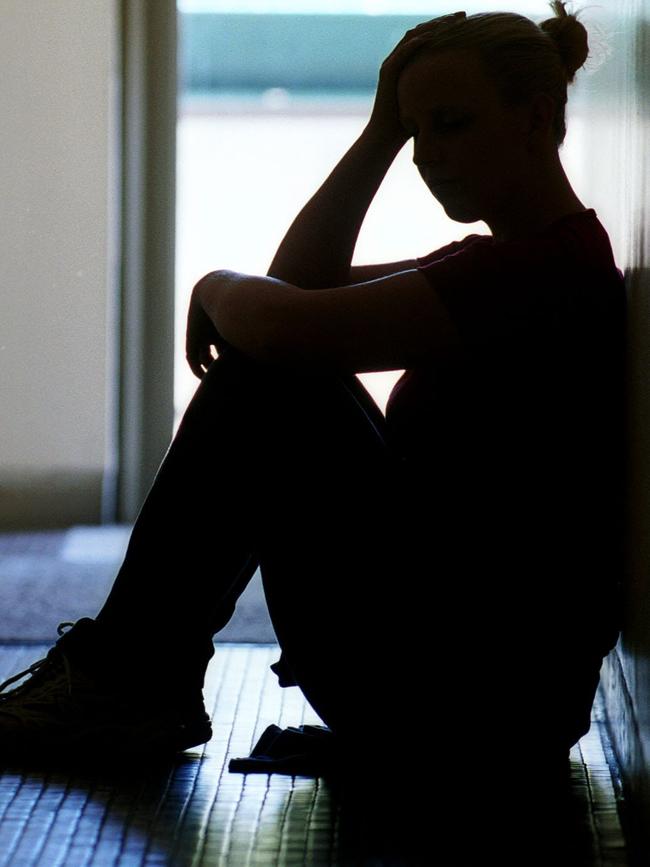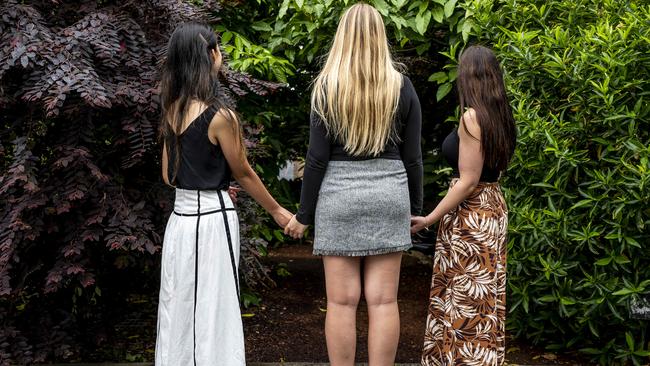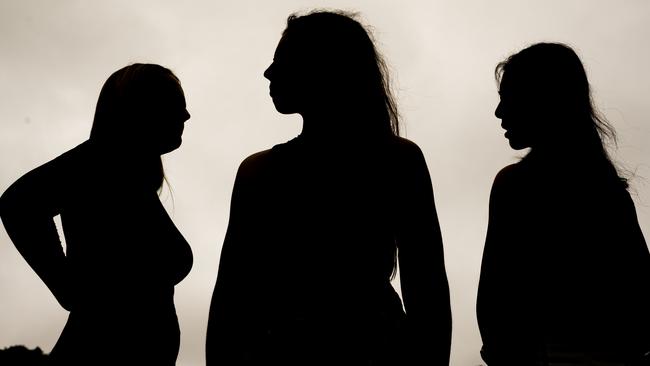Rape victims call for more funding for support services during Covid
Sexual assault survivors have revealed how victims have been ‘let down’ by support services which have been effectively shut down by Covid.
NSW
Don't miss out on the headlines from NSW. Followed categories will be added to My News.
Rape victims have spoken out about a system in crisis, saying some survivors have been forced to wait months for help and others have been denied support during sex assault examinations because of Covid.
The founders of peer-led rape victim support group The Survivor Hub are urging the government to boost funding for crisis support services, warning vulnerable rape victims are not getting the help they need.

In a recent report, Domestic Violence NSW found 73 per cent of domestic and family violence services faced a significant increase in demand during the pandemic.
Of the 33 services operating waitlists, there had been an increase in the length of the waitlist of almost half of the services.
It comes as sexual assault complaints increase, with a 15 per cent increase in reporting since 2019, according to the Bureau of Crime Statistics and Research (BOCSAR).
Sexual assault survivor and co-founder Lucy*, 20, says many of the group’s 140 members have struggled to get help as the system struggles with mounting demand because of Covid-19 and increased awareness about sexual consent and assault. “I’ve heard terrible stories about people calling hotlines and showing up to services and not being answered or helped, not being called back. It’s too busy and the waiting list for most therapies is a few months,” she said

.
She said she was told of one victim who attended Royal Prince Alfred Hospital to undergo a gruelling sexual assault examination but was initially denied a support person because of the pandemic.
After escalating the issue with hospital staff, the woman was ultimately allowed a support person but Lucy says the issue highlights the added pressure the system is under because of the pandemic.
She said victims also faced ongoing problems with being denied support people due to the pandemic and strict Covid-safe requirements.
“They need more staff available,” she said.
CEO of DVNSW Delia Donovan says a whole-of-government plan is needed to get victims the support they need.
“We need additional funding for services so they can support clients under the challenging circumstances of this pandemic.”
A spokesperson for NSW Health said: “The NSW Health workforce has been impacted by Covid-19”, adding work had been done to maintain services with “minimal disruption”.
“Visitors are temporarily limited in NSW Health hospitals due to the Covid outbreak; this decision was not taken lightly and was taken to help protect patients and staff,” the spokesperson said.
‘Safe space’ for rape victims
Lucy and co-founder Skye*, 27, hope The Survivor Hub gives survivors a safe space to share their experiences.
The peer-led victim support group, which is the first of its kind in NSW, was founded in September 2021.
The group hosts virtual meet-ups across Australia and in-person meet-ups in person in Sydney.
“We talk from our own experience and it’s about things like friends, relationships, intimacy after assault, sexual assault investigation checks,” Lucy said.
“It’s empowering sharing our experiences.”

When Lucy attended court to testify against her rapist after being assaulted in her teens, it was one of the most isolating experiences of her life.
She remembers feeling bewildered with no other victims to turn to share her experience and shocked that no peer-led support groups existed.
“When I went to court I didn’t have any answers to my questions and I felt very lonely through the whole process,” she said.
“Then when I told my therapist I wanted to go to a support group and my therapist said ‘they don’t exist’ I had to take myself into court and walk through hallways looking for a survivor
Determined to ensure no other women felt alone as they had, her, Skye and two other survivors created The Survivor Hub.
“We wanted to create a safe space for survivors to connect because that connection is so powerful,” Skye said.
*Pseudonyms have been used to protect the identity of the victims.




